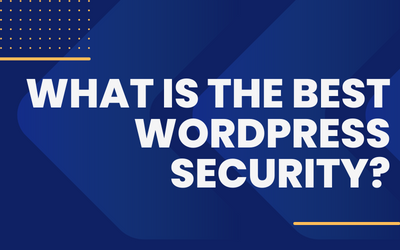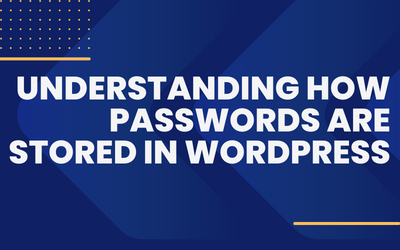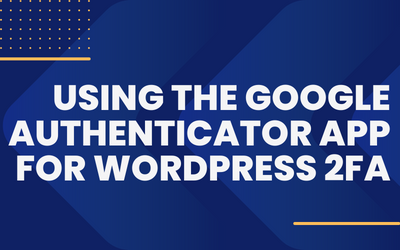WordPress is the most widely used CMS in the world, with over 40% of all websites using it. With such a large user base, there are bound to be those who are tempted to use nulled themes and plugins. But, as tempting as it may be to use nulled plugins and themes, it is a bad idea for a number of reasons.
In this article, we’ll explain why using nulled plugins and themes is a bad idea, and why it’s much more expensive than purchasing legal versions from developers.

The monetary cost of recovering from a Malware attack is more USD 300.
It’s a mixed effort between WordPress Developers, Security Engineers and SEO Experts.
Nulled plugins?

First, let’s define what we mean by “nulled” plugins and themes. Nulled plugins and themes are pirated versions of premium WordPress products that are made available for free download.
These products are usually stripped of their license verification systems, which means that they can be used without paying for a license.
One of the biggest reasons why using nulled plugins and themes is a bad idea is that they often contain malicious code. These malicious codes can cause a variety of problems for your website, including injecting unwanted ads, redirecting your visitors to other sites, stealing your visitors’ data, and even taking over your website. Because nulled themes and plugins are not supported by their developers, they do not receive updates and security patches, making them vulnerable to attacks.
Another reason why nulled plugins and themes are a bad idea is that they can break your website. Nulled plugins and themes often come with outdated or incompatible code that can conflict with other plugins and themes on your site. This can lead to error messages, broken functionality, and even site crashes.
Finally, using nulled plugins and themes can be much more expensive in the long run than purchasing legal versions from developers.
If you use a nulled plugin or theme and it breaks your website or causes security issues, you will need to spend time and money fixing the problem.
Additionally, if you get caught using nulled products, you could face legal action, which could result in fines and damage to your reputation.

In conclusion, using nulled plugins and themes for your WordPress website is a bad idea. They often contain malicious code, can break your website, and can be much more expensive in the long run. It’s always better to purchase legal versions of plugins and themes from reputable developers. Not only will you be supporting the developers who create the tools you use, but you’ll also have peace of mind knowing that your website is secure and functioning properly.
Do not use NULLED Plugins or Themes
Corrective Security is 10 times more expensive than Preventive Security.










